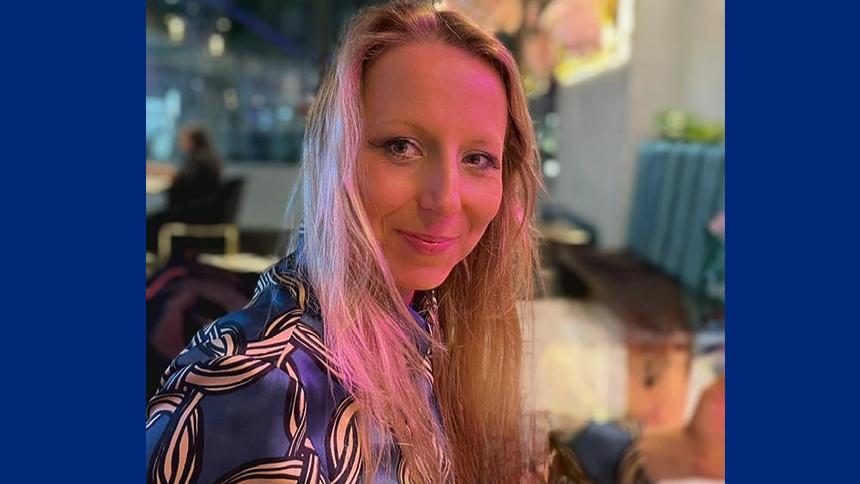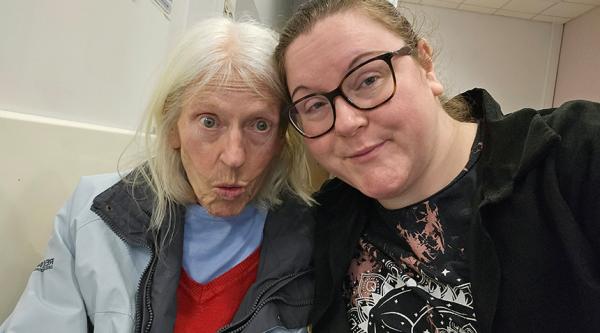Real stories
Why I became a Companion Call volunteer for people affected by dementia
Malwina Ghoorun, in London, shares why she became a Companion Call volunteer and why it’s important to her.
I work for Santander, which partnered with Alzheimer’s Society to become a dementia-friendly bank.
I thought, ‘What more can I do to be involved and to help?’
That’s when I decided to start volunteering and I’ve been a companion caller for four years now.
Making a difference with dementia volunteering
I know Companion Calls make a difference to many people affected by dementia.
As volunteers, we play an important part in their life by listening to them and not judging them when they forget things or repeat themselves.
Thanks to regular calls, we ensure that they are well, that they have the care they need and that they don’t feel lonely.
Companion Calls were particularly important during the pandemic when we couldn’t see anyone.
Even though I couldn’t see someone smiling over the phone, I could hear it in their voice.

Every call is different
Every Companion Call is different.
Some people talk about their hobbies, and others want to have a conversation with you about their day and how your week has been.
It feels like I’ve known some of them for years, even though we’ve only been talking for a few weeks!
If a person with dementia is struggling to have a conversation over the phone, I’ll ask them simple questions instead. Or talk about their past.
They may have had a bad day, and it’s good for them to have that space to speak to another person who isn’t going to judge them and who can have a positive conversation.
Listening ear
I usually make two calls a week. It doesn’t take up much of my time, but it makes a huge difference.
An hour a week is not a lot. I think more people should volunteer in this way. You don’t need to travel – all you need is a phone and a listening ear.
Often it will be a carer who picks up the phone, so I get to know them too.
They know they can have a break or do other things because the person they care for will be with me on the phone.
In some cases, when a person passes away, I’ll try to continue talking to the carer over the phone because they need support too.
Being ourselves
Making a difference to others brings me joy.
When I’ve had a busy day at work and I give one of my ‘companions’ a call, it’s like I’m in a different world.
We can be ourselves and talk about anything.
I’m lucky that nobody in my family has been affected by dementia. But I have known people with dementia.
Taking the time to have a conversation with a person with dementia can make a real difference.
Companion Calls
Companion Calls are friendly, regular telephone calls for people affected by dementia. You can refer yourself or someone you know.


